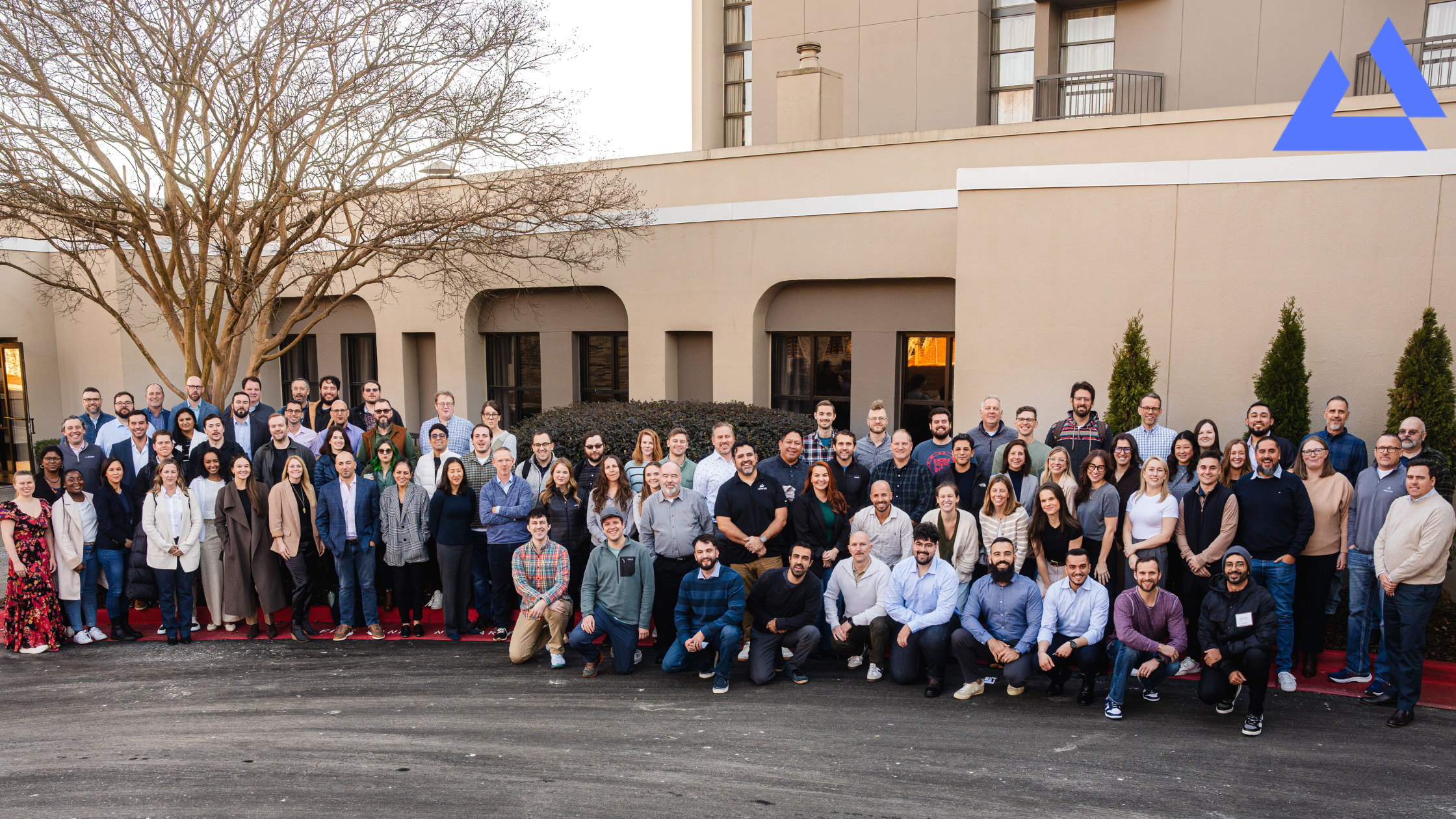In my team’s work, after we help CPA firms onboard AI with our AI Foundations program, the next part is almost always predictable: the flood of follow-up questions. “This is so cool...can it help with [insert your gnarliest pain points here]?”
This is one of my favorite moments because now we can start to dream and execute on solving problems that will unlock productivity, improve client experience, and enable further growth.
But true, force-multiplier acceleration of AI is only possible with the right foundation.
It’s not just about solving the hair-on-fire problems of today. It’s about designing your stack for capabilities that don’t even exist yet but are undoubtedly coming. This is how you position your firm to adapt, evolve, and lead.
Here are three practical tips to make sure your tech stack is ready for the AI era.
1. Move to a modern cloud architecture (seriously)
This one sounds obvious, but I can’t tell you how many firms are still trying to duct-tape AI capabilities onto legacy, sometimes on-prem infrastructure. If your systems aren’t native cloud-based, you're already limiting what AI can do for you.
Many of today’s most powerful AI tools, from Microsoft Copilot to custom GPT integrations, are native to cloud platforms. Without modern cloud infrastructure, you're locking yourself out of capabilities that could be embedded directly into your workflow.
💡 Real-world example: I’m currently working with a CPA firm migrating from an older document management system to SharePoint. Why? Because this move unlocks native, easily accessible Copilot capabilities, including Copilot Studio agents, built into Office 365.
📌 Key takeaway: Cloud isn’t just about access. It’s about future-proofing your firm to tap into platform-native AI capabilities as they evolve.
2. Digitize and improve your data
AI can’t read Post-It notes. AI can only work with what it can access, and what it can understand. That means digitization isn’t optional, it’s foundational.
But digitizing documents is only step one. The real value comes when you:
- Improve data quality
- Add metadata and structure
- Store it in modern, accessible file architectures
The days of dumping PDFs in arbitrary folders and calling it “organized” are over. AI thrives on context and consistency—and that’s what rich metadata, naming conventions, and smart folder hierarchies enable.
💡 Tip: Even something as simple as updating your folder naming logic to include engagement type, year, and client ID can make a huge difference in AI search and retrieval accuracy.
📌 Key takeaway: Treat every file not just as a information source for getting the immediate job done, but as a data source for unlocking future potential. The cleaner and more structured it is, the more powerful your AI outcomes will be.
3. From bundled platforms to point solutions, architect for modularity
Should you buy a best-of-breed suite of point solutions or a multi-module platform? The answer is Yes and Yes. While both options have pros and cons, the foundational commonality in all choice is modularity - your ability to treat individual functional components as discrete units that can integrate and communicate with other technology.
Point solutions can offer deep functionality and bundled platforms offer ease of use. The key is making sure the pieces fit together. Like a jigsaw puzzle, your stack needs to be designed to fit together and communicate to make room for possibility for AI that can plug and play into various pieces as they develop.
💡 Tip: When evaluating platforms, look under the hood. Can modules act independently and still integrate with external systems or models? If you’re implementing point solutions, make sure they come with open APIs built on top of modern backend architecture.
📌 Key takeaway: Whether platform or point solution, screen for modularity so you can evolve and scale your AI capabilities without rebuilding from scratch.
Lay the tracks before you run the train
If AI is the engine of future productivity, your tech stack is the track it runs on. Cloud-first infrastructure, high-quality digitized data, and modular systems are foundational elements that will actually enable AI to deliver real value at scale.
Don’t miss the AI train - firms that make these moves now will be miles ahead as the AI ecosystem matures.




